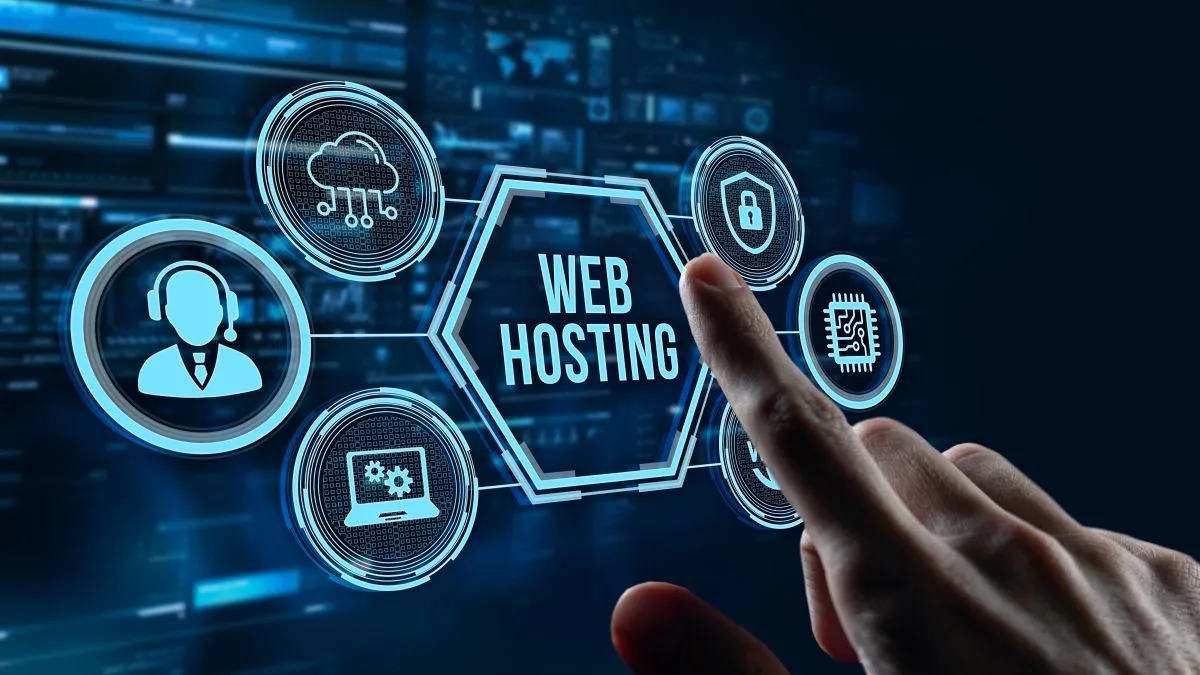The Future of Web Hosting: Trends You Need to Know
Web hosting is evolving rapidly, driven by technological advancements and changing user demands. As websites grow more complex and the internet becomes integral to daily life, hosting providers are innovating to meet these challenges. In this blog, we’ll explore the top trends shaping the future of web hosting, helping you stay ahead in this dynamic landscape.
1. The Rise of Cloud Hosting
Cloud hosting continues to dominate the industry due to its scalability, flexibility, and reliability. Unlike traditional hosting, where resources are tied to a single server, cloud hosting utilizes a network of servers to ensure optimal performance.
Future Enhancements:
- Serverless Architectures: Developers will rely more on serverless computing to streamline resource allocation and reduce costs.
- Edge Computing: Hosting providers will incorporate edge computing to minimize latency by processing data closer to end-users.
2. Sustainability and Green Hosting
With environmental concerns on the rise, eco-friendly hosting solutions are gaining popularity. Hosting providers are investing in renewable energy, carbon offsetting, and energy-efficient data centers to reduce their environmental impact.
What to Expect:
- Green Certifications: Hosting companies will adopt certifications to highlight their commitment to sustainability.
- Customer Preference: Businesses may increasingly choose green hosting as part of their corporate social responsibility initiatives.
3. Artificial Intelligence and Automation
AI is transforming the way hosting services operate, enabling smarter resource management, enhanced security, and better customer support.
AI-Powered Innovations:
- Predictive Analytics: AI tools will anticipate server issues before they occur, ensuring minimal downtime.
- Intelligent Support: Chatbots and virtual assistants will handle basic support queries, offering faster resolutions.
- Enhanced Security: AI will detect and mitigate cyber threats in real-time, safeguarding websites from attacks.
4. Enhanced Security Measures
As cyberattacks become more sophisticated, the need for robust hosting security is paramount. Web hosting providers are integrating advanced tools to safeguard data and websites.
Emerging Security Trends:
- Zero Trust Architecture: Hosting platforms will adopt a “never trust, always verify” approach to secure data.
- Blockchain for Hosting: Decentralized hosting powered by blockchain may become a reality, offering unparalleled security.

5. Managed Hosting for Small Businesses
Managed hosting, where the provider handles server management, updates, and backups, is gaining traction, especially among small businesses.
Why It’s the Future:
- Ease of Use: Business owners can focus on growth while hosting providers manage the technical aspects.
- Custom Solutions: Managed hosting plans tailored to specific industries will emerge, offering better value.
6. Faster Website Performance
Website speed is critical for user experience and SEO. Hosting providers are leveraging technology to deliver lightning-fast performance.
What’s on the Horizon:
- HTTP/3 Adoption: The new HTTP/3 protocol will enhance website speed and security.
- Ultra-Fast Storage: NVMe (Non-Volatile Memory Express) drives will replace traditional SSDs for faster data retrieval.
- Global CDN Expansion: Content Delivery Networks will further expand, reducing latency for international users.
7. The Evolution of Pricing Models
Traditional hosting pricing models may evolve, offering more flexibility and transparency to users.
Expected Changes:
- Pay-As-You-Go Plans: Users will pay based on actual resource usage, avoiding overpayment for unused features.
- Subscription Bundles: Hosting services will bundle domains, SSL certificates, and additional tools for convenience.
8. The Role of IoT in Hosting
As the Internet of Things (IoT) expands, hosting providers must adapt to handle increased data from connected devices.
IoT-Driven Changes:
- Data Processing Needs: Hosting services will need to support real-time processing of IoT data.
- Specialized Hosting Plans: Providers may offer IoT-specific hosting packages to meet unique requirements.
9. Hybrid Hosting Solutions
Hybrid hosting combines the benefits of multiple hosting types, such as dedicated servers, VPS, and cloud hosting, to deliver tailored solutions.
Why It Matters:
- Scalability and Control: Businesses can scale resources while maintaining control over certain server aspects.
- Cost Efficiency: Hybrid solutions balance performance and cost-effectiveness.
10. Greater Focus on User Experience
Hosting providers are prioritizing user experience, offering intuitive dashboards, easy-to-use tools, and personalized support.
What to Expect:
- Integrated Platforms: All-in-one platforms that include hosting, website building, and SEO tools.
- Personalized Dashboards: Tailored interfaces based on user preferences and usage patterns.
Conclusion
The future of web hosting is exciting, with innovations designed to enhance performance, security, and sustainability. Whether you’re a small business owner, a developer, or an enterprise, understanding these trends will help you make informed decisions and stay ahead of the curve. As hosting providers continue to innovate, the possibilities for online growth are endless.


